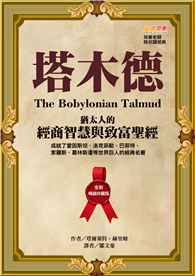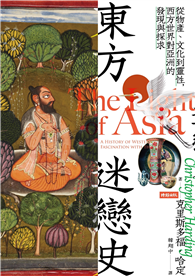Although Stalinism as a political system ceased to exist with the collapse of the Soviet Union in 1991, its legacy did not evaporate. On the contrary, it left a deep mark on the national identity of the people living in the vast expanses of the Russian Federation that has emerged from the shadow of the broken Soviet empire. To better comprehend the phenomenon of Stalinism, this interdisciplinary work utilizes tools from the humanities and social sciences. The narratives of Kolymskie rasskazy (Kolyma Tales) by Varlam T. Shalamov (1907-1982) serve as a means to uncover the nature of the wounds that the Russian national psyche suffered during the heyday of Stalinism. Holy Scripture, on the other hand, provides the theological inquiry into the causes and implications of those sufferings. The author then develops a healing ministry based on the Nazareth Manifesto of Jesus (Luke 4:16-21). The book provides insight into the various dynamics that govern the universe of a confined culture and as such should be especially useful to missiologists, social historians, psychologists, and political scientists working in the field of Russian studies.
| FindBook |
有 1 項符合
The Trauma of Stalinism的圖書 |
 |
The Trauma of Stalinism 作者:Drumi 出版社:VDM Verlag Dr. Mueller E.K. 出版日期:2008-10-20 語言:英文 規格:平裝 / 232頁 / 23.1 x 15.5 x 1.3 cm / 普通級 |
| 圖書館借閱 |
| 國家圖書館 | 全國圖書書目資訊網 | 國立公共資訊圖書館 | 電子書服務平台 | MetaCat 跨館整合查詢 |
| 臺北市立圖書館 | 新北市立圖書館 | 基隆市公共圖書館 | 桃園市立圖書館 | 新竹縣公共圖書館 |
| 苗栗縣立圖書館 | 臺中市立圖書館 | 彰化縣公共圖書館 | 南投縣文化局 | 雲林縣公共圖書館 |
| 嘉義縣圖書館 | 臺南市立圖書館 | 高雄市立圖書館 | 屏東縣公共圖書館 | 宜蘭縣公共圖書館 |
| 花蓮縣文化局 | 臺東縣文化處 |
|
|
圖書介紹 - 資料來源:博客來 評分:
圖書名稱:The Trauma of Stalinism
|











